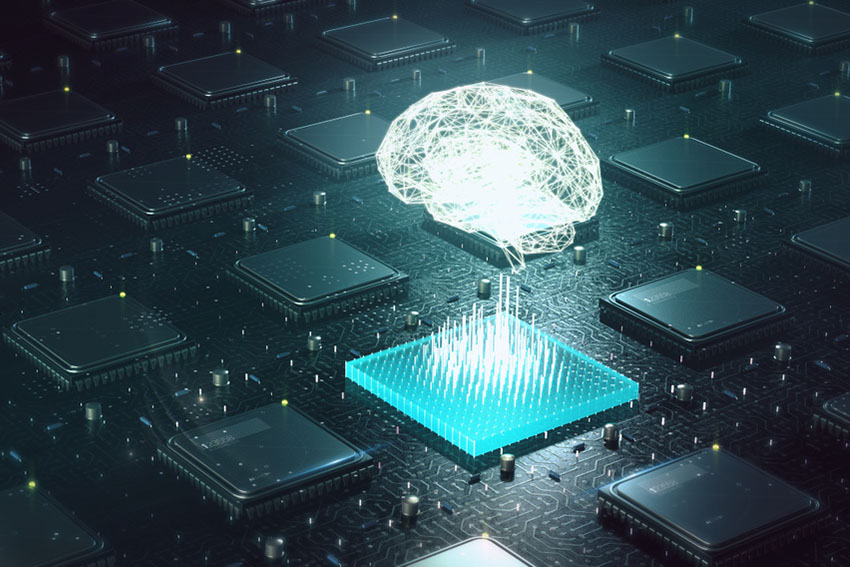
Software development is undergoing a paradigm shift. Data is superseding code and rewriting the industry. The catalyst? Artificial intelligence. Here are the key takeaways from this ongoing evolution:
Developers will have to become more proficient in machine learning algorithms
Software developers’ skill sets must adapt to this new era. Applications are no longer just deterministic. A deterministic algorithm will produce identical output, specific to the input. When issues arise in these systems, developers are trained to go into the code. From there, they will debug and rewrite.
AI-powered systems, however, operate differently. These systems rely on open source library standard algorithms or the options made available in AI platforms. Following selection, the algorithms become working systems. Data points or features are highlighted and weighted accordingly, depending on their level of importance.
According to Todd Schiller, head of engineering at MOKA, a disruptive technologies firm, the most successful developers will be those who “have the best understanding [of] the essential complexity of their domains: which data are important [and] the impact of uncertainty on decision making…”
Software 2.0
At the 2018 Spark+AI Summit, Tesla AI Director Andrej Karapathy discussed in his keynote how “A lot of our code is in the process of being transitioned from Software 1.0 (code written by humans) to Software 2.0 (code written by an optimization, commonly in the form of neural network training).” Software 2.0 involves developers moving their attention away from “designing an explicit algorithm” to “curating large, varied, and clean datasets, which indirectly influences the code.”
Microsoft’s DeepCoder is an indicator of what’s to come in the world of software development. DeepCoder creates new applications by predicting which properties the application must have to generate the coveted outputs.
A less experimental example is Ubisoft’s Commit Assistant AI, which has already been integrated into the Rainbow Six and Assassin’s Creed games. Commit Assistant AI can actively identify coding defects as the programmers write them.
Continually testing models against real data is necessary for efficacy
Data can be likened to a moment in time. In other words, when conditions change, so must the model. This drift can be managed by the continual testing of models against real data.
An example of this is an AI system analyzing historical data to determine when factory equipment is due for maintenance. If the factory uses these predictions and schedules a servicing, subsequent forecasts must factor in this information to remain accurate.
The question of data security
Companies shifting towards AI-powered software development practices are encountering new security challenges. Third-party AI algorithms can contain insecure dependencies. Using the code’s latest version safeguards security.
Artificial intelligence is reshaping software development, and product developers and manufacturers must adapt to these changes or be left behind.
At Pivot International, we’re at the forefront of the latest advancements in AI that are changing the game for software development. As a premier single-source partner, we’ve worked with some of the most successful names in software to bring products from design to development to production. Contact us to learn more about how Pivot can help your company prepare for the future.



